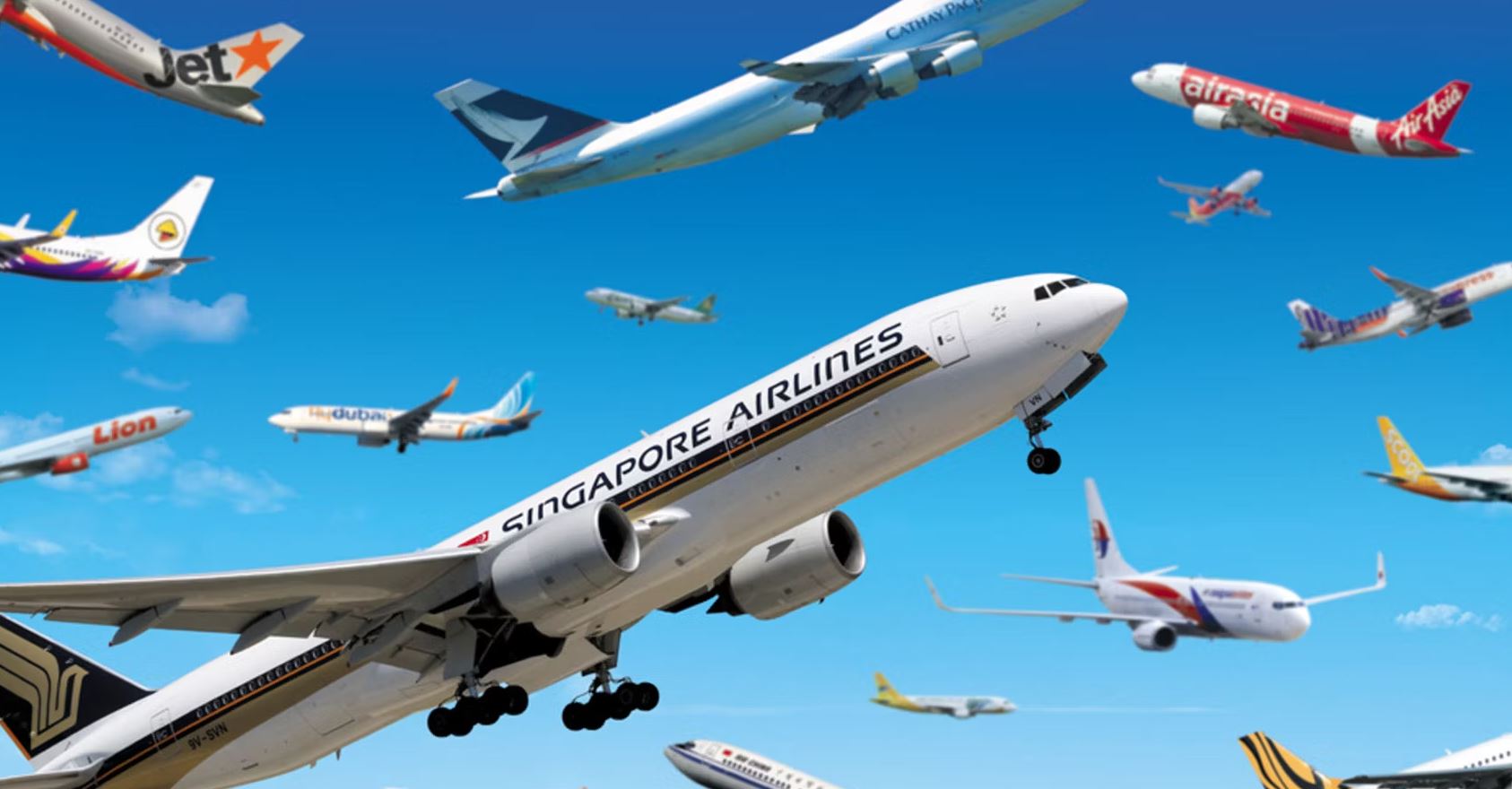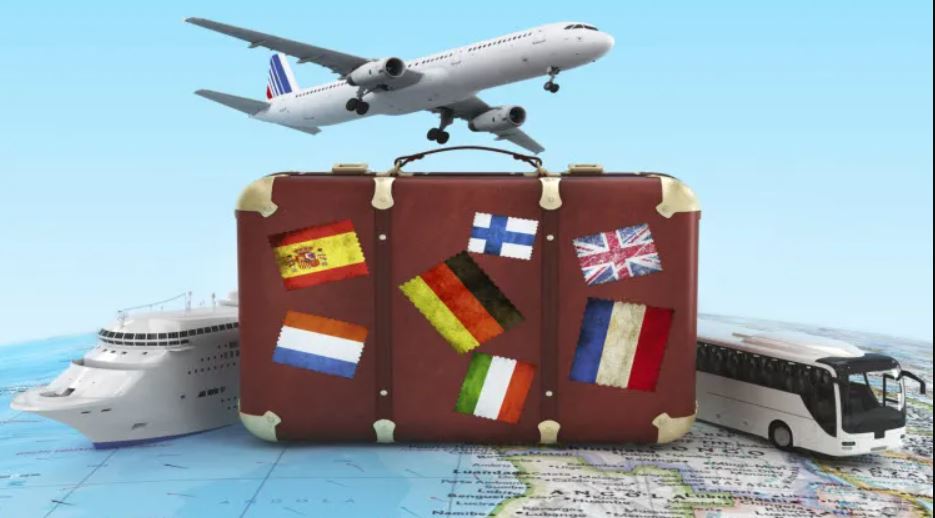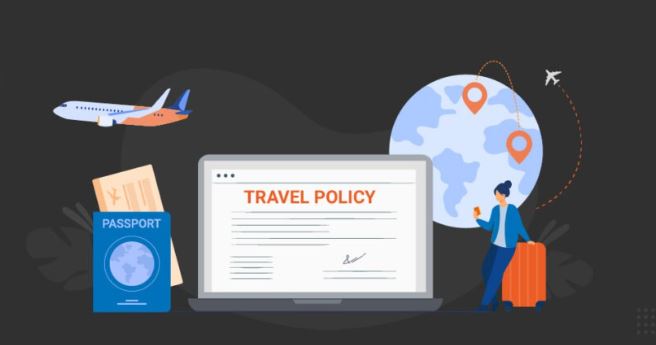A well-defined corporate travel policy is essential for any organization aiming to manage costs, ensure employee safety, and streamline travel processes. By establishing clear guidelines and procedures, companies can optimize their travel expenses while providing employees with the necessary support and resources to fulfill their business obligations. Here’s a comprehensive framework for creating a corporate travel policy that works.
- Objectives and Scope:
- Define the primary objectives of the travel policy, such as cost control, traveler safety, compliance with regulations, and efficient travel planning.
- Specify the scope of the policy, including eligible travelers, covered expenses, approval procedures, and exceptions.
- Travel Authorization:
- Outline the process for obtaining travel authorization, including required documentation, approval hierarchies, and timeframes.
- Define criteria for determining the necessity of travel, considering factors like cost-effectiveness, meeting purpose, and alternatives like virtual meetings.
- Booking Procedures:
- Establish guidelines for booking transportation, accommodation, and other necessary arrangements.
- Encourage the use of preferred vendors or negotiated rates to leverage discounts and streamline expense management.
- Recommend tools or platforms for booking travel, ensuring consistency and accessibility for employees.
- Expense Reimbursement:
- Clearly outline eligible expenses, including transportation, lodging, meals, and incidentals.
- Specify documentation requirements for reimbursement, such as receipts, invoices, and expense reports.
- Set reimbursement timelines and procedures for submitting expense claims, ensuring timely and accurate processing.
- Travel Safety and Security:
- Prioritize traveler safety by providing guidance on destination risk assessment, emergency protocols, and insurance coverage.
- Require travelers to register their itineraries and contact information with the company, enabling swift assistance in case of emergencies.
- Collaborate with travel management companies or security providers to access real-time travel alerts and assistance services.
- Compliance and Reporting:
- Emphasize adherence to company policies, industry regulations, and legal requirements related to travel.
- Implement mechanisms for monitoring compliance, such as periodic audits, policy acknowledgments, and expense reviews.
- Generate reports and analytics to track travel expenses, identify trends, and optimize travel management strategies.
- Continuous Improvement:
- Encourage feedback from travelers, managers, and other stakeholders to identify areas for improvement.
- Regularly review and update the travel policy to adapt to changing business needs, industry trends, and regulatory requirements.
- Foster a culture of responsible travel and cost-conscious behavior among employees through training, communication, and incentives.





